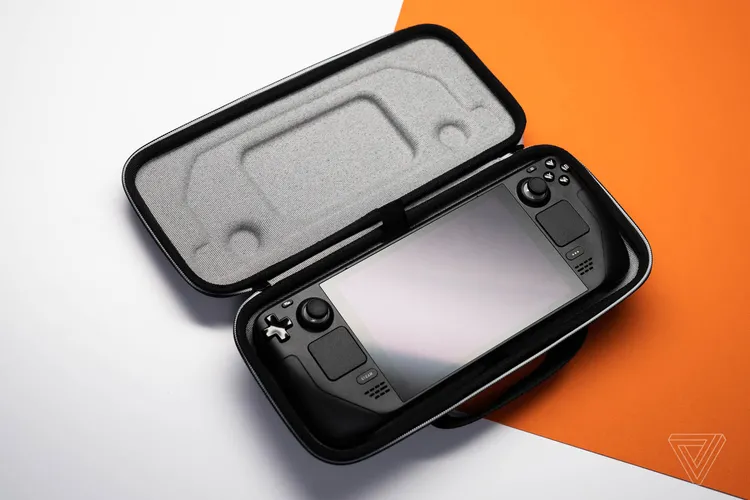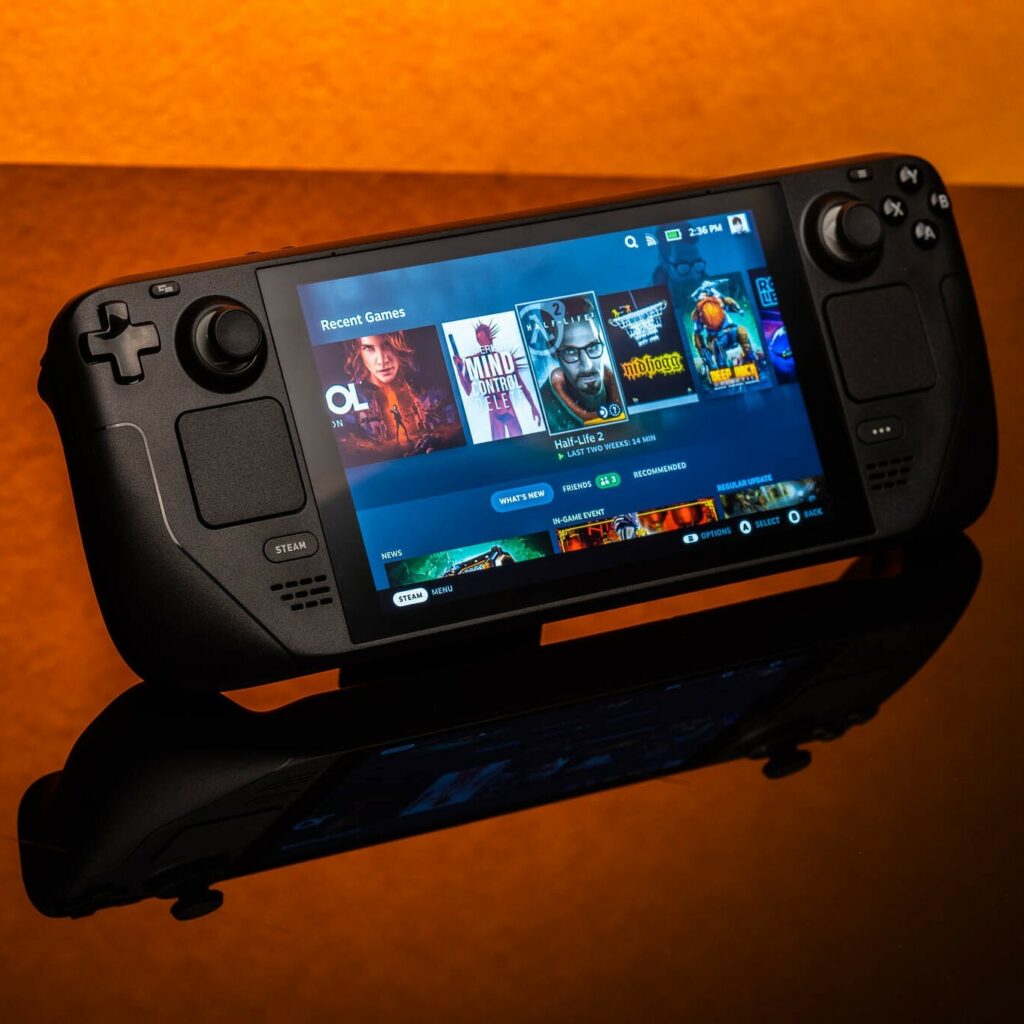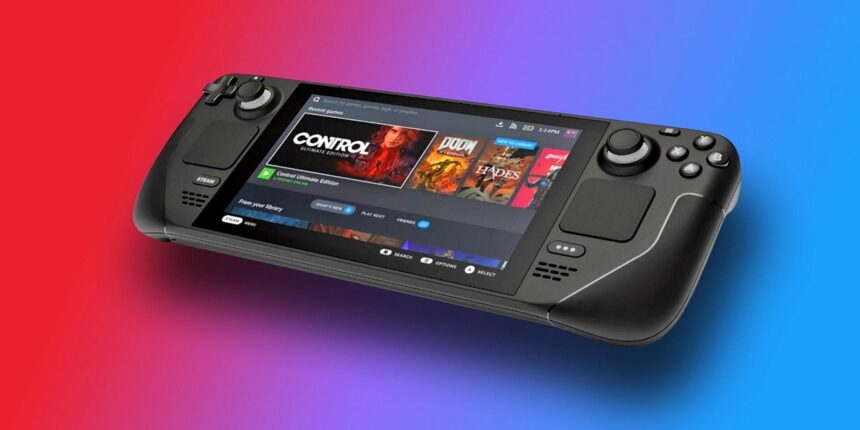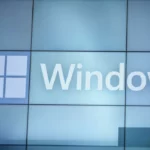Valve, the company behind the wildly popular Steam gaming platform, appears to be gearing up for something big. While gamers around the world eagerly await news of a potential upgrade to the Steam Deck, recent developments suggest that Valve may have already taken significant steps towards a new release.

The first glimmer of hope for Steam enthusiasts came in the form of documents from the Federal Communications Commission (FCC), revealing that Valve had submitted a new device for certification. The mystery device, referred to as “Valve 1030,” had previously passed through South Korea’s National Radio Research Agency under a cloak of secrecy.
What makes this discovery particularly intriguing is Valve’s discreet approach. Just as they did with the original Steam Deck, Valve used its Wi-Fi and Bluetooth chip vendor, Quectel, to navigate the certification process. To further obscure their intentions, Valve filed the device under Quectel’s name rather than their own.

The purpose of this manoeuvre was to secure permission for Quectel’s certified Wi-Fi 6E and Bluetooth chip, the FC66E, to be retroactively integrated into a new Steam Deck. This strategic move allowed Valve to bypass the need for extensive retesting of radio emissions, as the supplier argued that the Steam Deck’s antenna was weaker compared to other devices using the same chip.
Now, the question on every gamer’s mind is whether this new Steam Deck is merely a minor refresh, perhaps featuring Wi-Fi 6E as the primary enhancement. However, initial observations suggest that there may be more up Valve’s sleeve than meets the eye. Despite speculation, the certification from South Korea only included 5GHz Wi-Fi support, not the expected 6GHz Wi-Fi. This discrepancy raises intriguing possibilities about undisclosed features Valve may be planning to introduce.
As gamers and Steam enthusiasts eagerly await further details, the speculation around the potential features of the next Steam Deck continues to grow. Valve has a history of delivering groundbreaking gaming experiences, and it’s safe to say that they have more in store for the gaming community. While the exact nature of the upcoming Steam Deck remains shrouded in mystery, one thing is clear: Valve is once again poised to redefine the gaming landscape. Stay tuned for more exciting developments in the world of Steam.
The key takeaway here is that regulatory agencies like the FCC and their international counterparts primarily focus on radio emissions rather than device specifications. Valve can effectively conceal any new features behind the guise of a Wi-Fi chip upgrade, leaving room for innovation and surprises.








